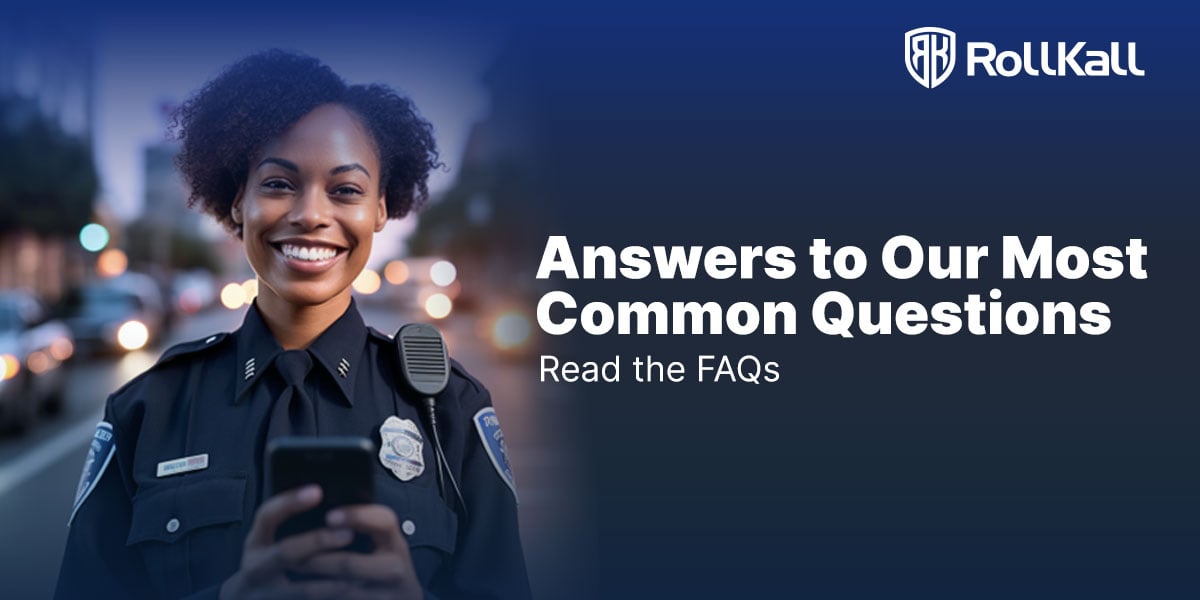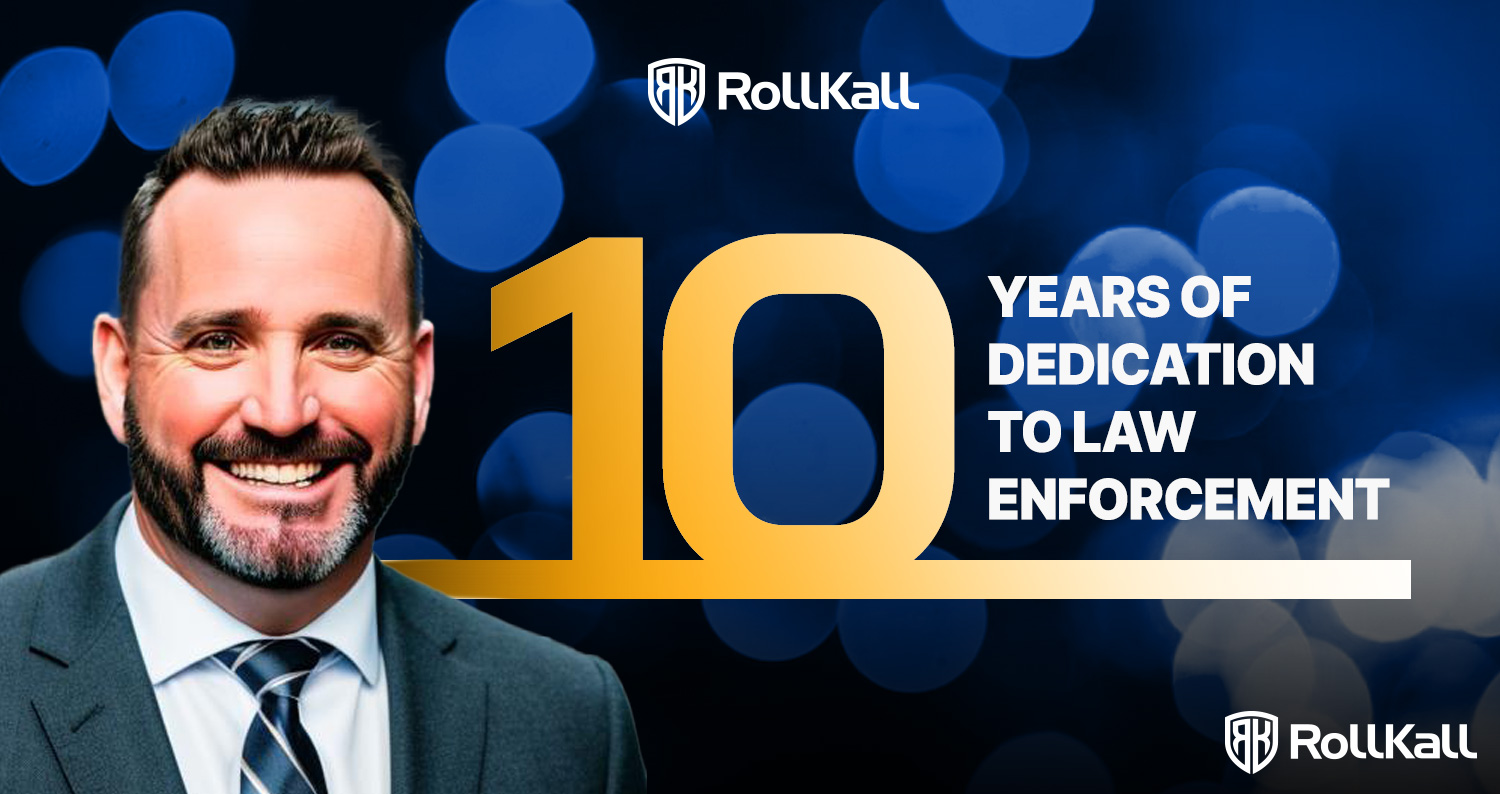Download the free guide
Aenean eu leo quam. Pellentesque ornare sem lacinia quam venenatis.

Transparency is important for maintaining a high level of trust between a law enforcement agency, the city governments they work with and their respective communities. While building and maintaining integrity for an agency is at the heart of police transparency, it is also a reflection of both police responses at every interaction and public perception of that behavior.
This level of integrity extends to the off-duty employment environment - where police are interacting with their communities and representing their agency. In the off-duty environment, next-level transparency ensures officers are operating under reputable business practices (ie: no double dipping, etc.) and adhering to policy to prevent officer fatigue or other potential safety issues.
Off-duty employment, however, has a long history of officers working extra with little agency oversight. Most agencies have policies in place, but they’re only effective if they’re followed and monitored. In the grand scheme of agency priorities, it’s easy to see how officers working extra in their off-hours get pushed to the bottom. However, ensuring agency accountability of off-duty jobs has quickly become the standard, not the exception, and is a result of an agency culture that emphasizes transparency.
Where are your officers working extra-duty jobs, what are they doing during these off-duty shifts? Or, simply, are they working too much?
There are a few strategies for maintaining transparency in general policing that also apply to the off-duty environment.
Establishing Clear Guidelines and Procedures
It’s important that agency policy is clear, best practices are communicated and that officers are fully aware of their expectations and obligations in the off-duty environment. This includes policies on how many hours they can work, what type of off-duty work they can accept and other guidelines or limitations the agency deems necessary.
Data Collection of Every Step in the Process
Maintaining a detailed record of every part of off-duty jobs is at the core of creating the visibility needed for command staff, the city and the community. From scheduling officers to the invoicing and payment process, even clocking in and out; detailed documentation using police scheduling software provides next-level visibility into the off-duty process and leaves nothing to question in the event of a community question or complaint.
Creating Early Intervention Systems
With documentation in place, it’s much easier for agencies to implement early intervention if and when an issue does arise. Off-duty often isn’t a problem… until it is. The ability to easily spot a potential problem and implement a procedure for intervention can help agencies prevent any issues from becoming commonplace agency-wide, or exacerbating into a larger problem.
Creating a culture of transparency agency-wide - even in the off-duty environment - ensures accountability to the community and only benefits every stakeholder and is essential for the safety of officers, citizens and the police department as a whole. The community builds trust and relationships with agencies; the agency strengthens its reputation; officers enjoy more off-duty opportunities; and the officers and the community they protect are safer for it.
Get the latest content delivered straight to your inbox!
Related Posts


Want more information about RollKall? Let us know a bit about you, and we’ll get back to you as soon as possible with more information and next steps!










